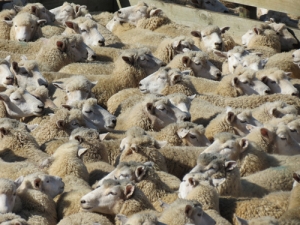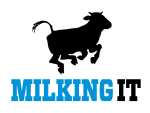Of the 9,250 bales on offer, 84.4% sold.
The weighted indicator for the main trading currencies was down 0.72% compared to the last sale on 17th September, helping hold up local price levels.
Dawson advises that in line with other Merino-growing markets, local prices for Merino Fleece 18 to 23.5 microns saw a slight easing. Compared to the last sale on 10th September, prices were 2 to 6% cheaper.
Mid Micron from 24 to 28.5 microns were firm to 1.5% cheaper. Compared to the sale of 17th September, Fine Crossbred Full Fleece were 2.5% firmer and shear types 2 to 4% dearer, with the very short types under the most pressure.
Coarse Fleece were up to 2% firmer with Coarse shears firm to 2% dearer.
Oddments were firm to 2% stronger.
There is still competition with China continuing to dominate, supported by Western Europe, Middle East, Australasia, and very limited activity from India and the United Kingdom.
The next sale on 1st October comprises approximately 6,000 bales from the North Island.














